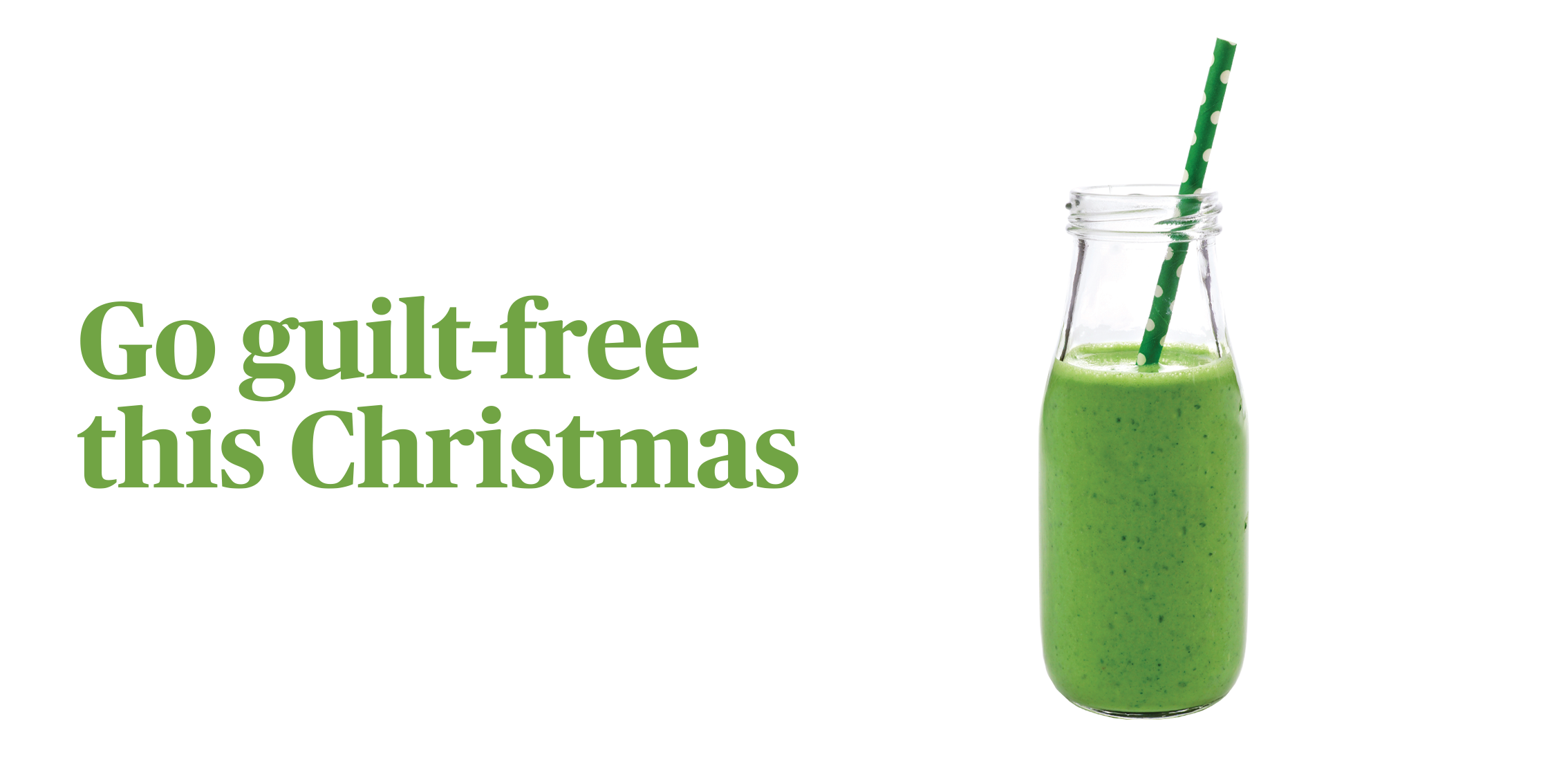
Go guilt-free this Christmas
We’ve had sober October, now try low-spender November. It may not seem like it, but the lead in to Christmas is the perfect time for a financial detox. Not only will it stop you losing control of festive spending, it’ll set you up to start the new year on the right track.
Rein in your streaming
There’s only so much time in the day. And now lockdown threats are easing, it’s time to prune those streaming services. Cutting just one can save hundreds a year. Set aside five minutes to go to the App Store or Play Store and rationalise your subscriptions.
Many mobile carriers offer free or discounted access to streaming platforms, so consider using your phone plan to offset your streaming. You might also be surprised what free-to-air channels like SBS and ABC have on offer on their platforms.
A Canstar Blue survey conducted this year found Aussies spend an average of $42 a month on streaming, with 28 per cent admitting they share login details with friends to save money.
Try a two-week spending cleanse
No kale involved. Just an iron will. Cut all non-essential spending to kick start your detox.
And be ruthless about what is essential. It will highlight just how much cash is leaking to discretionary spending on coffee, clothes, magazines, take-away and transport.
Before you start, stock up on essential groceries and fill your tank. That way you’re stocked up on snacks and have fewer reasons to duck to the shop for emergency supplies. If you can, extend it to four weeks and direct your savings to pay off Christmas gifts – they’re essential, right?
Sic a tracker on yourself
The boom in tap-and-go, along with automated payment systems, has made it hard to keep track of where your money is going. And that’s exactly how it’s been designed. Try Googling “pain of paying” to understand how going cashless has tricked us into thinking we’re not really paying at all.
Be aware of psychological spending traps and wise up with a money tracker. These popular apps link to your bank and online payment systems to categorise all your spending – even automated subscriptions – under headings such as entertainment, food and clothing. It’s an easy way to keep an oversight of your outgoings.
Organise Christmas online
Christmas is expensive – there’s no way around it. But it doesn’t need to feel overwhelming or out of control. Panic buying and impulse purchases are the natural enemies of festive financial plans, so make a strict list and a budget for your gift buying.
Don’t go to a shopping centre without a clear idea of what you need – there’s too much temptation. Research and/or shop online, so you can look for only what you want at the best prices.
Don’t click on temptation
When scrolling through social media, resist the temptation to click on ads. If you haven’t actively searched for it, you don’t need it. And you’re only going to be bombarded with more ads for things you may find hard to resist. Unsubscribe from promotional catalogues and try to let go of sale FOMO. There will always be another one.
Change your outlook
Shifting your mindset will make you feel more positive about spending less. It can also lead to long-term behaviour change, which is what a financial detox is all about. Try not to think of saving money as missing out; it’s about choosing to live and consume more thoughtfully.
The rise of conscious consumerism means being frugal is the new Marie Kondo, without all the weird T-shirt folding.
Make it a challenge to borrow from friends (and vice versa) or buy second-hand when you can. Take pleasure in generating less waste through a more minimalist lifestyle.
Discover things like your local tool library or library of things to avoid buying expensive but infrequently used items.
Cash in clutter
Pre-Christmas is the perfect time to sell anything you no longer need to put extra cash in your pocket. Cull your wardrobe and clear out things like toys, books and sporting equipment. Online marketplaces are a simple place to buy and sell.
Let yourself fail
No one can be good all the time, so allow yourself a cheat day occasionally, when you can splurge on a night out or something you just can’t resist. Most diets fail because they’re too unrelenting. It’s the same with changing spending habits. One slip doesn’t mean you need to give up, in fact it may make you more determined to succeed. So good luck and be kind to yourself.
Any advice contained in this article is of a general nature only and does not take into account the objectives, financial situation or needs of any particular person. Therefore, before making any decision, you should consider the appropriateness of the advice with regard to those matters. Information in this article is correct as of the date of publication and is subject to change.

